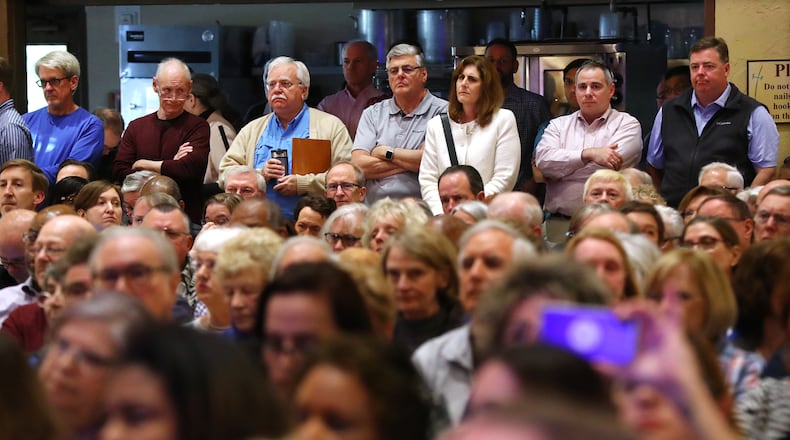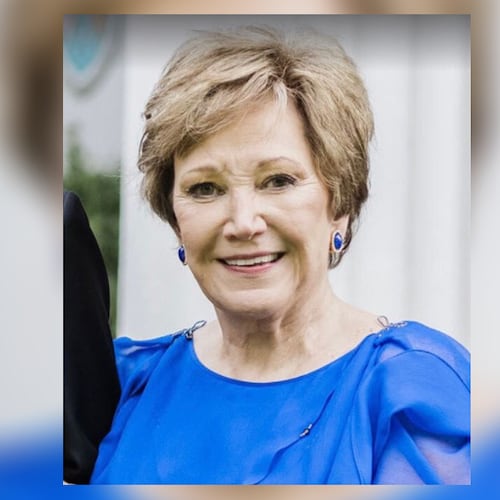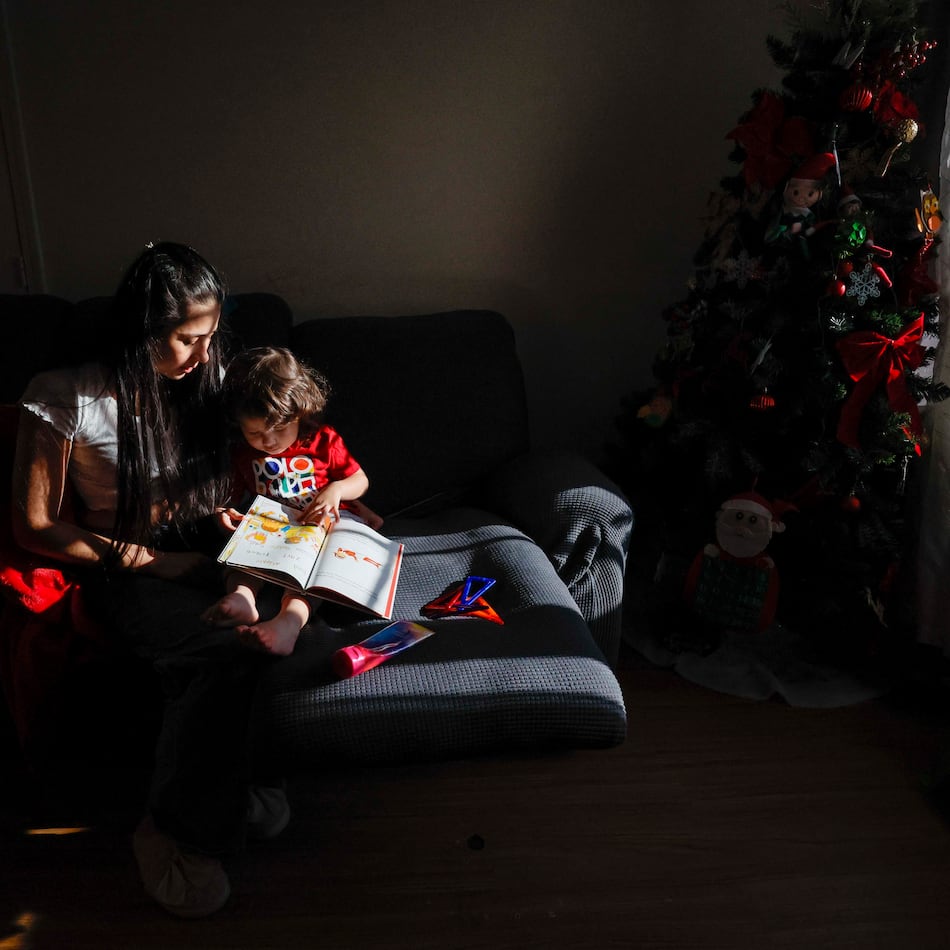At a Wednesday night debate, supporters and opponents of the proposed city of East Cobb agreed on at least one thing: They don’t want their suburban corner of Cobb County to change.
To opponents, that means not taking the historic step of forming a city government on what they said was a rushed timeline with too many unanswered questions. But supporters countered that locally elected city leaders were the only way to protect their neighborhoods from high density redevelopment under a Cobb County commission led by Democrats.
“The reality is Cobb County has been very crystal clear about what they want,” Craig Chapin, the leader of the cityhood campaign said, pointing to Cobb Chairwoman Lisa Cupid’s public support for affordable housing and mass transit. “...If your vision for East Cobb is not urbanization, then you better vote yes.”
The debate, hosted by the East Cobb Rotary Club at Pope High School, mirrored the questions voters face in deciding whether to approve two other Republican-led cityhood referendums that will appear on ballots May 24.
Proponents say these cities will give residents better local representation in a growing county where four district commissioners now represent close to 200,000 residents each. In a city of East Cobb, six council members elected citywide would represent three districts of roughly 20,000 residents each.
Critics believe another layer of government will inevitably lead to higher taxpayer costs. Those could come from the city itself, if it spends more than initial estimates suggest, or from Cobb County, if it raises taxes to replace the revenue that would be diverted to the city of East Cobb.
And, they say, voters were given too little time to consider the pros and cons. Last year, cityhood supporters told residents the elections would be held in November 2022, but Republican lawmakers this legislative session amended the bills to move the referendums up to the May 24 primary ballot.
Supporters have said they wanted higher turnout for the first election of city leaders, which would be held this November, but the change makes it likely that fewer voters will decide if they want a city in the first place.
“You (the voters) should ask why this was pushed so fast, with so little transparency?” said Bob Lax, a member of the East Cobb Alliance, which opposes cityhood. “...It affects all of us, and it’s permanent. We can’t undo this. If you have concerns, if you have doubts, if you have questions, I would urge you to vote no.”
East Cobb is unique among the three cityhood movements that will appear on the May ballot because it will provide the most services. The proposed city charter calls for zoning, code enforcement and parks, as well as police and fire. A feasibility study completed by Georgia State University found that without raising taxes, the city would have a $3 million surplus, with about $28 million in revenue from property taxes, fees and insurance premiums vs. $25 million in expenses.
The study was a flashpoint at the debate, with both sides misrepresenting its contents at times.
Lax complained inaccurately that the bulk of the city’s startup costs were missing from the final balance sheet. In reality, the study includes $4.57 million in startup costs to buy things like office furnishings, computer equipment and police gear. But they’re financed over time through a short-term loan, with annual payments of $985,000.
On the other hand, supporters dismissed a question from the audience about how the city planned to pay for parks. “It’s in the feasibility study, so you can go read it,” Chapin said at the debate.
The study does detail how much the parks would cost: About $2.6 million, with projected revenues of $172,000 from user fees. But the study doesn’t assume the city will provide parks and recreation at all, discussing it only as a potential service in an appendix. Parks spending is not included in the city’s projected budget, and no funding source is identified.
A recording of the debate is available on the Rotary Club’s Facebook page.
About the Author
The Latest
Featured



